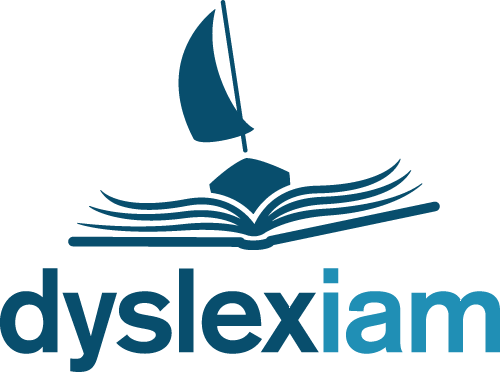Auditory Processing Difficulties
Learners with auditory processing disorder (APD) are unable to process the information they hear in the same way as others because their ears and brain don't fully coordinate.
The main areas that can affect people with auditory processing problems are:
- Auditory memory involves immediate and delayed recall of numbers, words sentences and directions. People may have difficulty remembering information such as lists, telephone numbers, study material and recalling letters and words.
- Auditory discrimination involves differentiating isolated sound in words and sentences. For example, as a child you may have difficulty hearing the difference between similar words or sounds (COAT/BOAT or CH/SH). Difficulties often include poor spelling, reading and writing skills and following oral directions.
- Auditory closure involves the ability to supply information that is not heard completely. Weaknesses in this area may translate into academic difficulties with understanding noise in speech, poor vocabulary and syntax and sound recognition and sound blending.
- Auditory synthesis involves the abilities to form a word from individual sounds and identify sounds in words. Learners may experience difficulties with phonics, grammar and interpreting word stress.
- Auditory figure-ground involves listening in the presence of background noise. People will find it difficult to work in noisy environments or unstructured classrooms.
- Auditory cohesion involves higher level linguistic processing skills, such as the ability to follow complicated conversations, understanding jokes and riddles, making inference and drawing conclusions.
- If the auditory deficits aren't identified and managed, learners will face academic challenges.
How Can I Help?
I use ‘The Comprehensive Test of Phonological Processing Assessment’ to investigate phonological awareness, phonological memory and processing speeds. Using the results, I write resources to help individuals overcome their difficulties.
In 2015 I was awarded Government funding and currently working with 10 secondary and primary schools in Devon. We are writing our own auditory processing resources to aid children's learning within the classroom, in intervention lessons and when revising for exams. I also train teachers and teaching assistants on how to incorporate auditory processing techniques in their lessons.
What next?
Please get in touch with us for a no obligation discussion to go over your options and to arrange an assessment if required:
